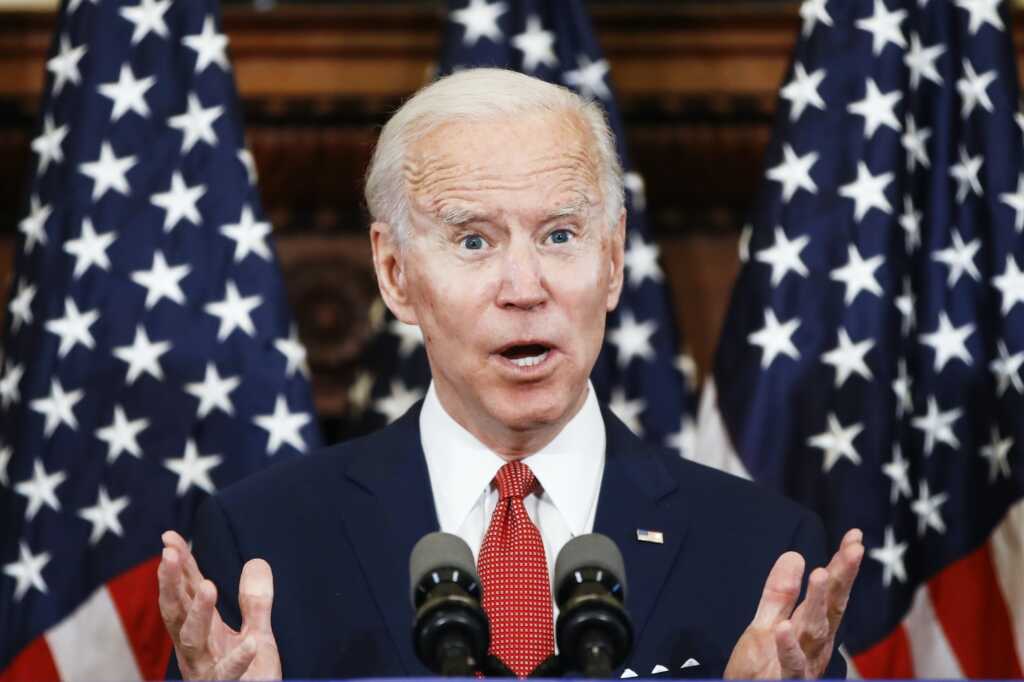Despite being on the tail end of a year-long pandemic that wreaked havoc on businesses around the nation, one of President Biden’s first moves after taking office was an executive order revoking the permit for the Keystone XL pipeline.
Now, Biden faces a lawsuit from multiple states and led by Montana and Texas, primarily. The other 19 states joining in include Alabama, Arizona, Arkansas, Georgia, Indiana, Kansas, Kentucky, Louisiana, Mississippi, Missouri, Nebraska, North Dakota, Ohio, Oklahoma, South Carolina, South Dakota, West Virginia, and Wyoming.
The lawsuit alleges Biden’s order, which came on the first day of his presidency, exceeded his Constitutional authority under the Administrative Procedures Act.
The move was met with plenty of criticism at the time of the order, including from Canadian Prime Minister Justin Trudeau, whose office released a statement saying “The prime minister raised Canada’s disappointment with the United States’ decision on the Keystone XL pipeline. The prime minister underscored the important economic and energy security benefits of our bilateral energy relationship as well as his support for energy workers.”
South Dakota Governor Kristi Noem, whom many have speculated is considering a run for President in 2024, said her state is joining the lawsuit because the Keystone Pipeline “would’ve benefitted South Dakota towns for decades. It would’ve brought jobs, growth to small business, and funding for local schools.”
Speaking to Fox Business, Montana AG Austin Knudsen said the pipeline project was a “lifeline” for his state and they would fight to get it up and running again.
“This pipeline was set to go through six counties in extreme Eastern Montana… five of those counties are already designated as high-poverty counties. The project was set to become the largest property taxpayer in all of those counties… That’s out the window. Just shy of 4,000 jobs, that’s out the window.”
The pipeline is 1,200 miles and construction on the project began under the Trump administration after delays during the Obama administration. The connection would reportedly mean 830,000 barrels of crude being transported daily from western Canada all the way down to Nebraska. From there, it would be connected to other lines that send oil to various refineries on the U.S. Gulf Coast, according to the Associated Press.
Biden made the move immediately despite knowing it would be a devastating blow to job growth and economic opportunity, brushing off concerns by arguing those workers could simply get jobs installing solar panels.
He based the decision on the unproven theory that climate change would worsen. No evidence or specific details proving how it would worsen, or even what specifically would worsen, were presented by President Biden to back up his justification for cancelling thousands of good paying jobs.
Faithwire will update the story if and when Biden provides those facts.



